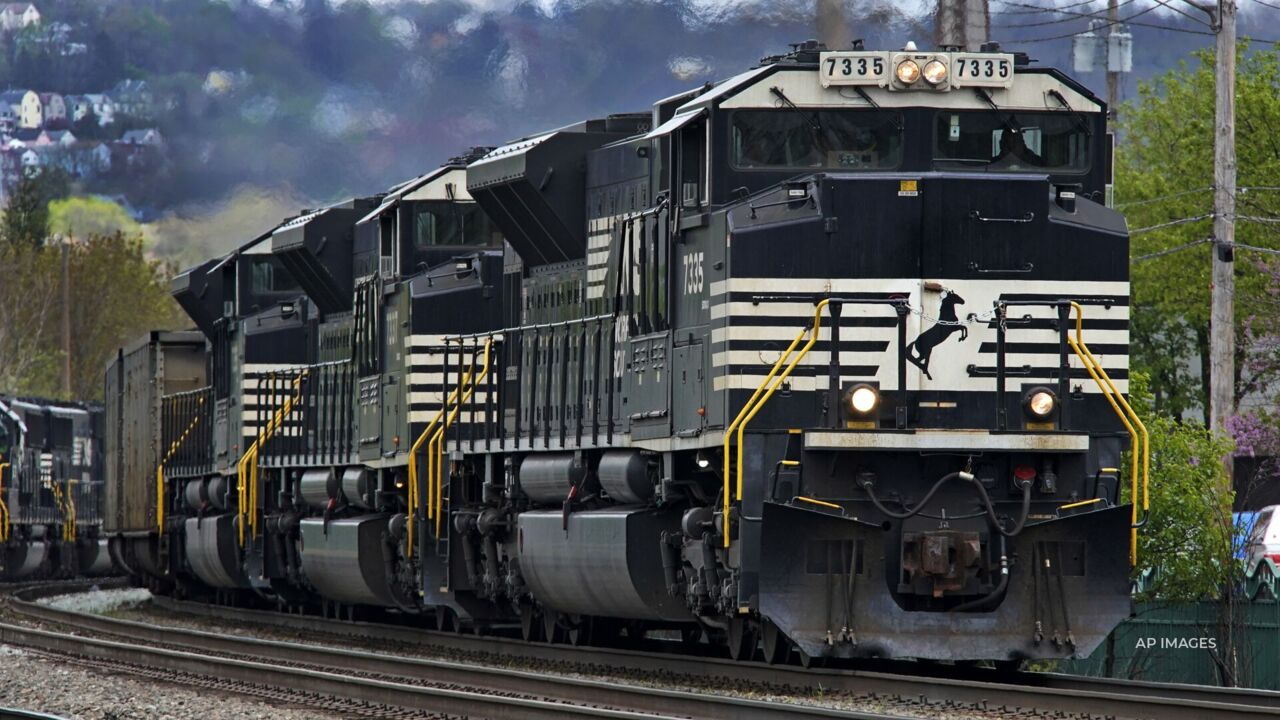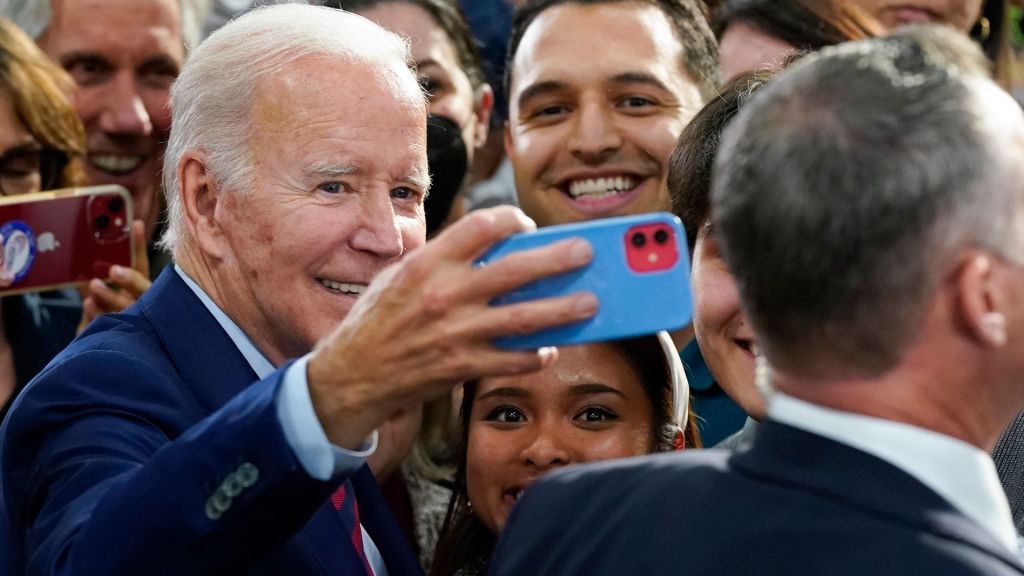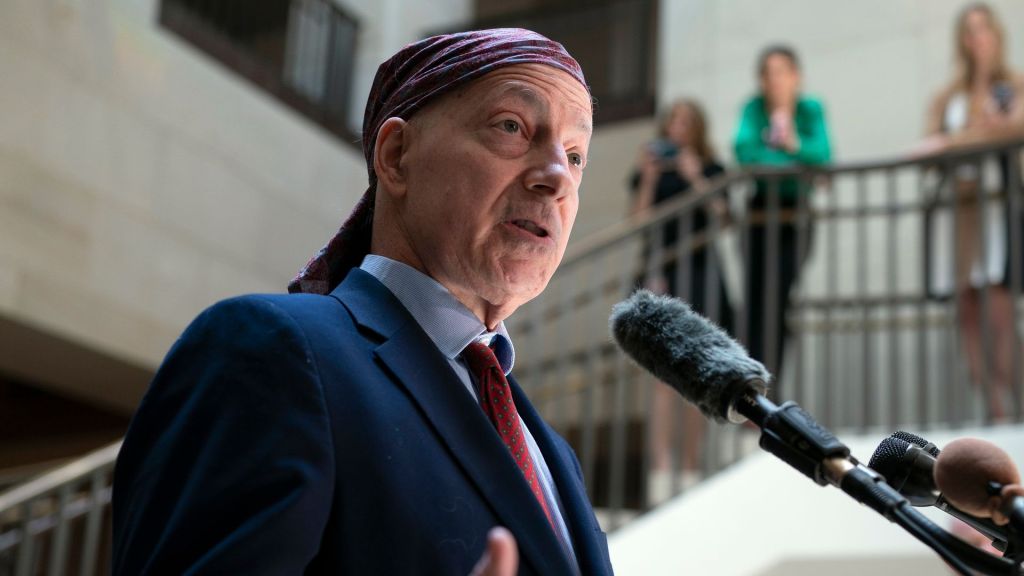
THE U.S. ECONOMY IS TEETERING ON THE EDGE OF RECESSION. MANY EXPERTS SAY WE’RE ALREADY THERE.
SO WHILE A NATION-WIDE STRIKE THAT SHUTS DOWN RAILROADS IS ABOUT THE LAST THING WE NEED, BUSINESS AND GOVERNMENT OFFICIALS ARE BRACING FOR IT.
RAILROADS AND UNIONS REPRESENTING THE INDUSTRY’S WORKERS ARE LOCKED IN HEATED CONTRACT NEGOTIATIONS.
THE TWO SIDES MET WITH LABOR SECRETARY MARTY WALSH ON WEDNESDAY. THE RAILROADS SAY THERE ARE NO PLANS TO LOCK WORKERS OUT.
BUT IF THE TWO SIDES DON’T REACH AN AGREEMENT BY 12 AM FRIDAY, WORKERS COULD STRIKE.
THERE ARE 12 UNIONS REPRESENTING RAIL WORKERS. MOST REACHED DEALS WITH THE RAILROADS EARLIER THIS WEEK, BUT TWO OF THE LARGEST UNIONS ARE HOLDING OUT OVER TIME OFF AND QUALITY-OF-LIFE CONCERNS.
SOME SHIPMENTS OF HAZARDOUS MATERIALS WERE ALREADY DIVERTED AHEAD OF FRIDAY’S POTENTIAL SHUTDOWN.
VIRTUALLY EVERY INDUSTRY IN THE COUNTRY WOULD BE IMPACTED IN SOME WAY IF A STRIKE DOES HAPPEN, WHICH IS WHY THE WHITE HOUSE CALLED THE POSSIBILITY UNACCEPTABLE.
NEARLY ALL ETHANOL, COAL AND GRAIN IN THE U.S. MOVES BY RAIL.
PASSENGER AND COMMUTER LINES WOULD ALSO BE IMPACTED BY A STRIKE.
THE BIDEN ADMINISTRATION IS WORKING TO LINE UP ALTERNATE METHODS OF DELIVERY TO KEEP THE MOST CRITICAL CHEMICALS AND GOODS MOVING.
EVEN WITH THOSE ALTERNATIVES IN PLACE, THOUGH, ECONOMISTS SAY IF THE TRAINS STOP RUNNING, EVEN FOR A DAY, IT COULD TAKE MONTHS TO FULLY RECOVER.






